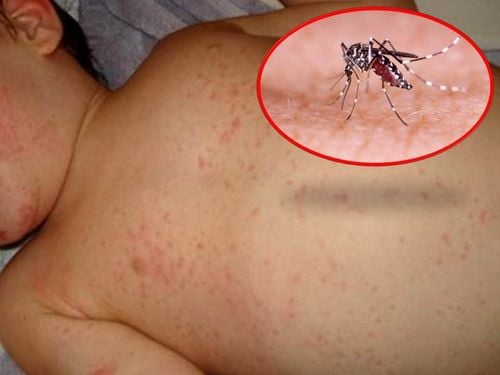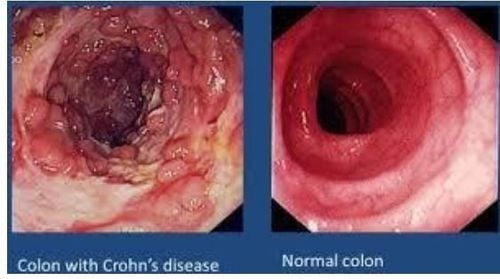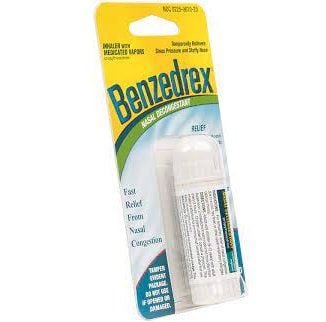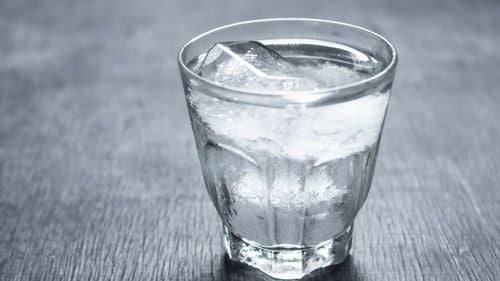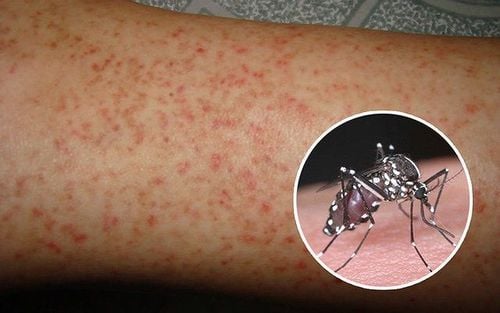This is an automatically translated article.
Discharge criteria for dengue patients include 2 days of fever-freeness and alertness. In addition, the patient's pulse and blood pressure are normal, there is no longer shortness of breath or respiratory failure due to peritoneal or pleural effusion. The final endpoint was a platelet count greater than 50,000/mm3.
1. Dengue fever overview
Dengue hemorrhagic fever is an infectious disease caused by the Dengue virus. This virus is transmitted from sick people to healthy people mainly through the bite of Aedes aegypti mosquito. The disease occurs all year round, but often increases in the rainy season and can cause epidemics. The disease is characterized by fever, hemorrhage, and plasma leakage, which can lead to shock, hypovolemia, and coagulopathy. If not diagnosed early and treated promptly, dengue fever can be life-threatening.
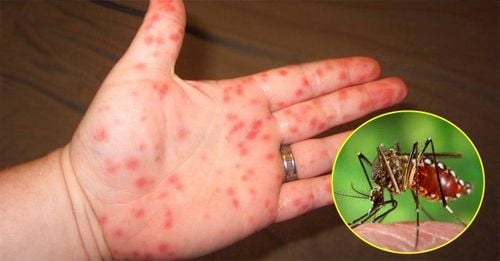
Sốt xuất huyết là bệnh rất dễ gặp phải do khả năng truyền nhiễm cao
2. Dengue fever diagnosis
2.1. clinical
Patient has a sudden high fever, continuously from 2 days to 1 week. Manifestations of petechiae under the skin when ligation or mucosal bleeding. Visceral bleeding is a severe manifestation. Shock, acute circulatory failure, fatigue, restlessness, cold extremities, rapid and weak pulse, low blood pressure, little urination. Big liver.
2.2. Subclinical
Laboratory tests show hemoconcentration due to plasma leakage. Platelet count ≤ 100,000 cells/mm3.
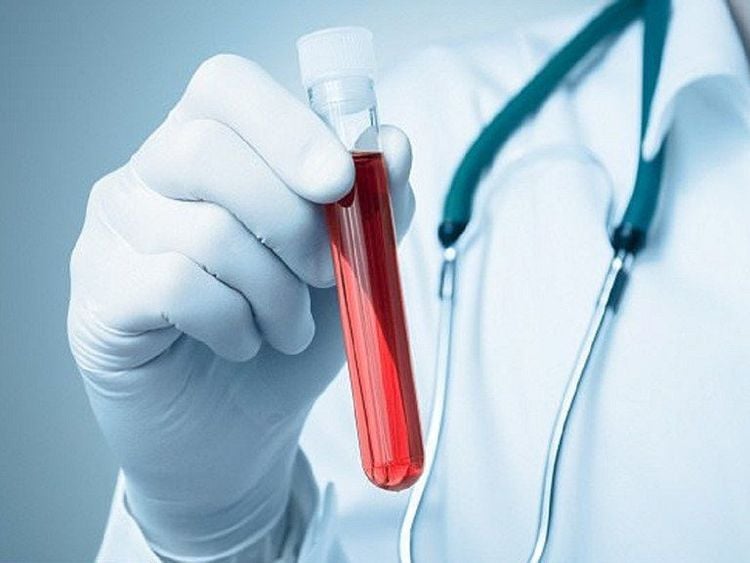
Xét nghiệm tiểu cầu giúp đánh giá tình trạng sốt xuất huyết
3. Dengue hemorrhagic fever grading
People with severe and mild dengue fever are divided into 4 degrees:
Grade 1: Sudden fever, persisting for 2-7 days and positive ligature. Grade 2: Same as grade 1, with bleeding under the skin or mucous membranes. Grade 3: Signs of circulatory failure, small rapid pulse, low blood pressure, cold and moist skin, restlessness or lethargy. Grade 4: Severe shock, difficult pulse, can not measure blood pressure (BP = 0). Clinical grading is intended to assist the physician in appropriate management, especially in the presence of circulatory failure. During the course of the disease, the patient can change from mild to severe dengue.
4. Treatment of dengue fever
4.1. Dengue fever grade 1 and 2
Mainly outpatient treatment or monitoring at medical facilities for early detection of shock and timely treatment.
Symptomatic treatment: Reduce fever with medicine and loosen clothes, cool body with warm water. Early rehydration by drinking lots of oresol water, cooled boiled water, coconut water, lemon, ... or diluted porridge. Infusion of Ringer lactate and NaCl 0.9%: When the patient cannot drink, vomits a lot, loses water, lethargy,... Note, patients older than 15 years old can stop the infusion when vomiting and eating are gone. Okay.
4.2. Dengue fever grade 3
Need to prepare Ringer lactate infusion, isotonic saline solution (NaCl 0.9%), high molecular weight solution. Rapid replacement of lost plasma. Reassess the patient's condition every hour. Note, when changing the baud rate must be careful based on many factors.
4.3. Dengue fever grade 4
In case of severe dengue fever, hospitalized in a state of severe shock, urgent treatment is required.
Have the patient lie with the head low. Breathe O2. Infusion, then reassess the patient.
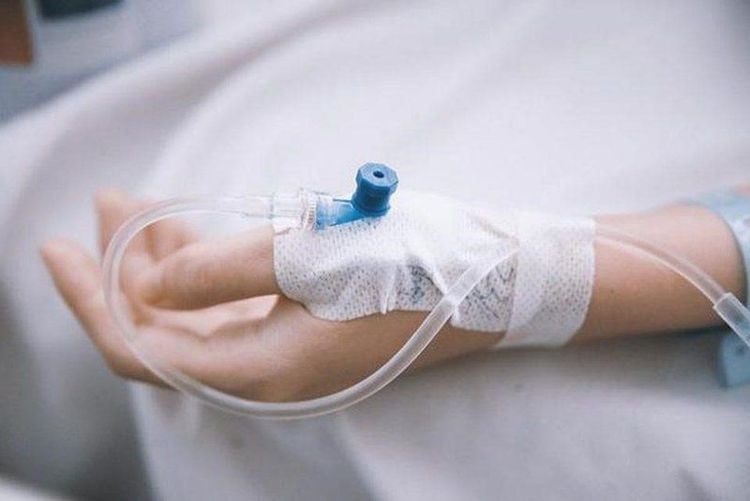
Bệnh nhân sốt xuất huyết cần được truyền dịch
5. Notes when treating dengue fever
When treating shock, attention should be paid to correcting electrolyte disturbances and acid-base balance. Be careful when transfusing blood and blood products. All patients in shock require oxygen. Use Dopamine vasopressors in the right cases. Care and follow-up of shock patients according to protocol.
6. Hospital discharge criteria for dengue fever patients
To be discharged from the hospital, the patient needs to meet the following criteria:
No fever for 2 days, mentally alert. Pulse and blood pressure readings were within the normal range. No more dyspnea or respiratory failure due to peritoneal or pleural effusion. Platelet count tends to recover, greater than 50,000/mm3.
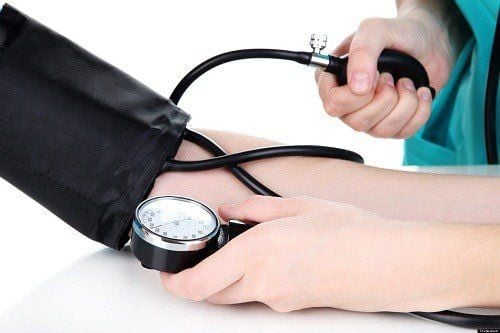
Người bệnh có thể xuất viện khi các chỉ số cơ thể ở mức bình thường trở lại
6. How long does dengue fever last?
Currently, dengue fever is breaking out in many places, so "How many days will Dengue fever end?" A lot of readers are interested in, according to doctors, the absence of fever does not mean the disease is cured, but only through a dangerous period lasting 3-4 days, starting from the 4th-7th day since the fever. After 1-2 days, the patient will come to a recovery phase lasting 2-3 days, after which the patient will completely recover.
Some signs that the patient is recovering, about to recover from the disease is:
No longer dehydrated, wanting to urinate and urinating a lot after 5-7 days of treatment. Feeling less tired, craving food and eating well. No more rash appears, after 2-3 days fade, reduce itching. Currently, there is no vaccine to prevent dengue fever, the main measure is to control insects that mediate the transmission. Specifically, the Ministry of Health recommends that people avoid mosquito bites, kill larva/larva, kill adult mosquitoes, as well as clean living environment, remove standing water. Accordingly, if the body has symptoms similar to dengue fever, it is necessary to go to medical facilities for examination, treatment and prevention of complications caused by severe dengue fever.
Vinmec International General Hospital is one of the prestigious dengue fever treatment facilities with a team of experienced and highly qualified medical professionals. A system of modern and advanced medical equipment, possessing many of the best machines in the world, helps to detect many difficult and dangerous diseases in a short time, supporting the diagnosis and treatment of effective doctors. most fruitful. The hospital space is designed according to 5-star hotel standards, giving patients comfort, friendliness and peace of mind.
If you have a need to examine and treat dengue fever at Vinmec, please book an appointment directly at the website or contact the hotline for service.
Please dial HOTLINE for more information or register for an appointment HERE. Download MyVinmec app to make appointments faster and to manage your bookings easily.




